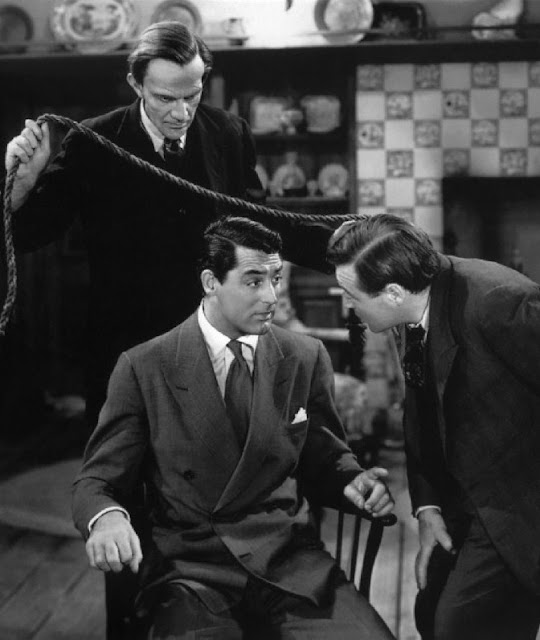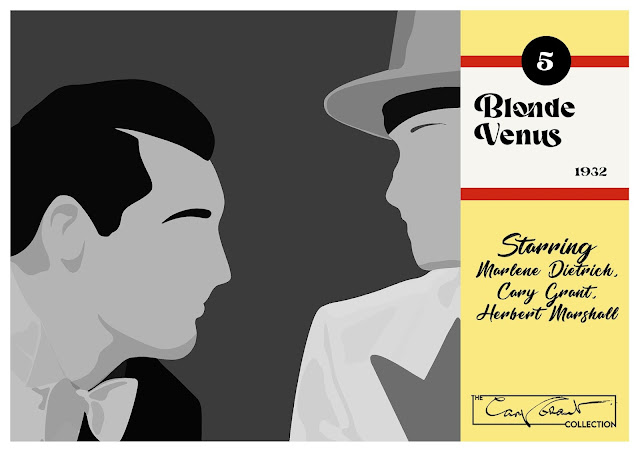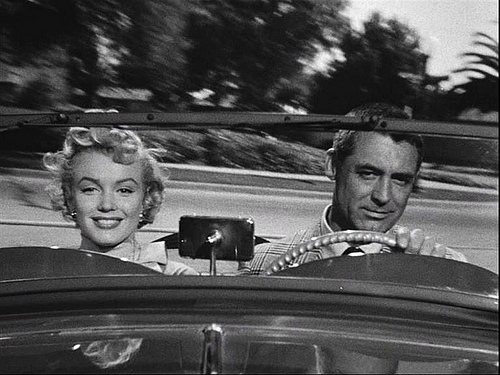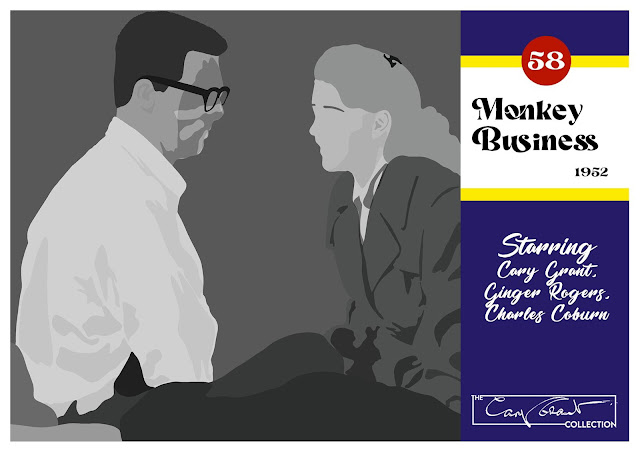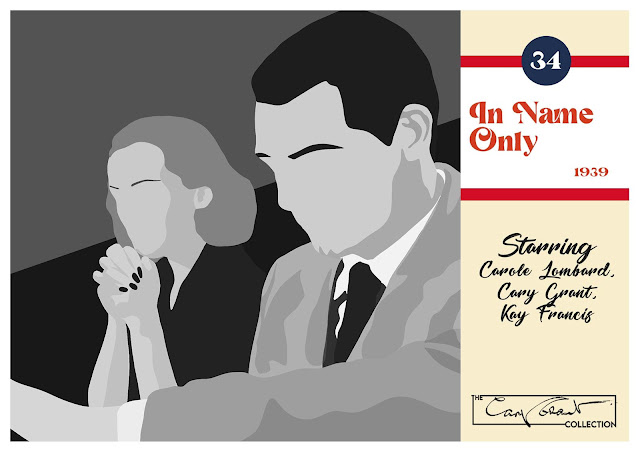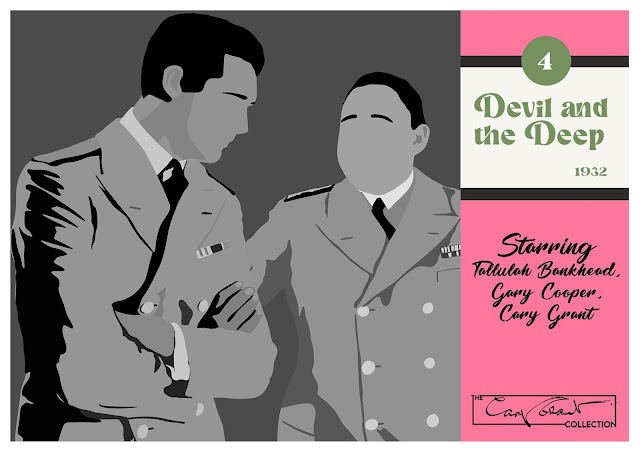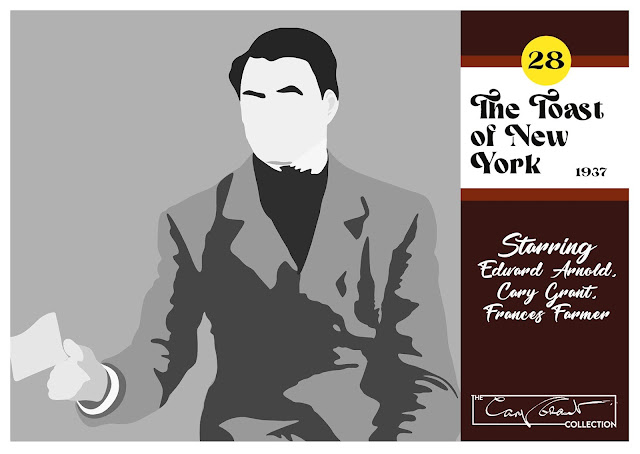"...his talents for varied characterizations have been recognized, and in each new venture he makes good."
 |
| With Jean Harlow and Franchot Tone. |
Suzy - Review is taken from 'The Films of Cary Grant' by Donald Deschner (1973):
"Romance, drama, war, espionage, Jean Harlow, Franchot Tone, Cary Grant, ample production and the direction of George Fitzmaurice - such are the ingredients of Suzy, compounded on the Metro lot and soon to be turned loose on the world at large. It will give satisfaction. We could wish for less talking than it contains, and a greater reliance on the camera in developing the psychological phases of the story, but as we seem doomed to have such pictures until Hollywood learns how to use the microphone, we will be lucky if we get none less entertaining than this well-made Metro offering.
The chief merit of the excellently written script is the businesslike manner in which the story is told, the contrasting elements being woven into an easily flowing narrative free from non-essentials. There are intensely dramatic moments as well as some melodramatic physical thrills. The picture, in fact, has something of everything in it, being fashioned in a manner that should make it satisfactory entertainment for any kind of audience, and as no picture can be better than its direction, we may credit Fitzmaurice with having done a most creditable job. Praise is due Ray June for photography of distinction.
Performances are excellent. Jean Harlow at all times is in compete command of her role which runs the gamut from light comedy to stark tragedy. I do wish, however, that they would do something with Jean's eyebrows. The thin, pencilled lines, resembling eyebrows seen only in caricatures, caught my attention when she first appeared, and thereafter I could not keep my eyes off them.
Franchot Tone grows in stature with his every performance. Always the perfect gentleman, intelligent, personable, never in word or gesture does he suggest the actor. Cary Grant, too, is something more than just a leading man. Since his outstanding performance in Sylvia Scarlett, his talents for varied characterizations have been recognized, and in each new venture he makes good. Here we have him as a philandering aviation hero, a part to which he does full justice. Benita Hume is effective as a war spy.
The final scene in the picture as I saw it is the only story weakness. Grant has been killed and the scene shows us his funeral. We hear a long eulogy which robs the scene of the impressiveness it would have had if its treatment had been more intelligent. There is no reason why we should hear the words of praise accorded the dead hero. A long shot to establish the fact of the speech being made, appropriate music to make it reasonable we should not hear the speech, close shots to register the emotions of some of the mourners, and sympathetic camera treatment of the entire sequence, would have made it a great screen moment. We can expect such blundering just as long as producers are governed by their obsession that the microphone is their principal tool. Here they use it to commit a cinematic crime.
- Hollywood Spectator
 |
New Artwork by Rebekah Hawley at Studio36 -
Number 23 - Suzy (Lobby Card Style) |
Part Of

For more, see also:
On This Day 24 July 2020
On This Day 24 July 2021
Quote From Today 24 July 2022
